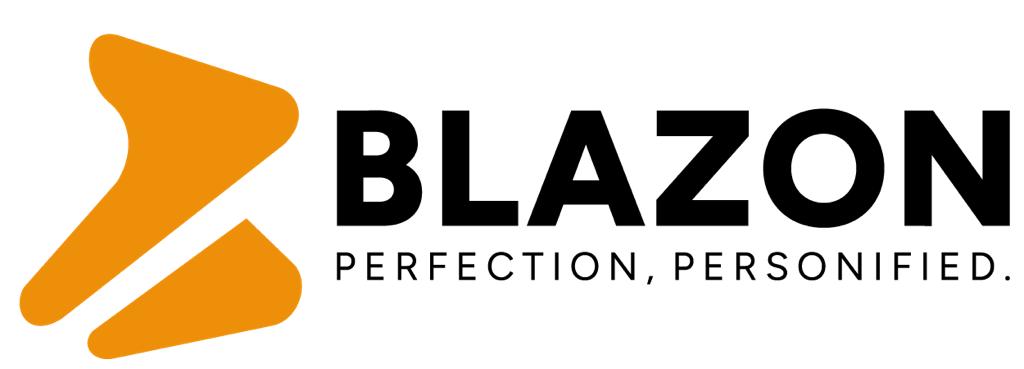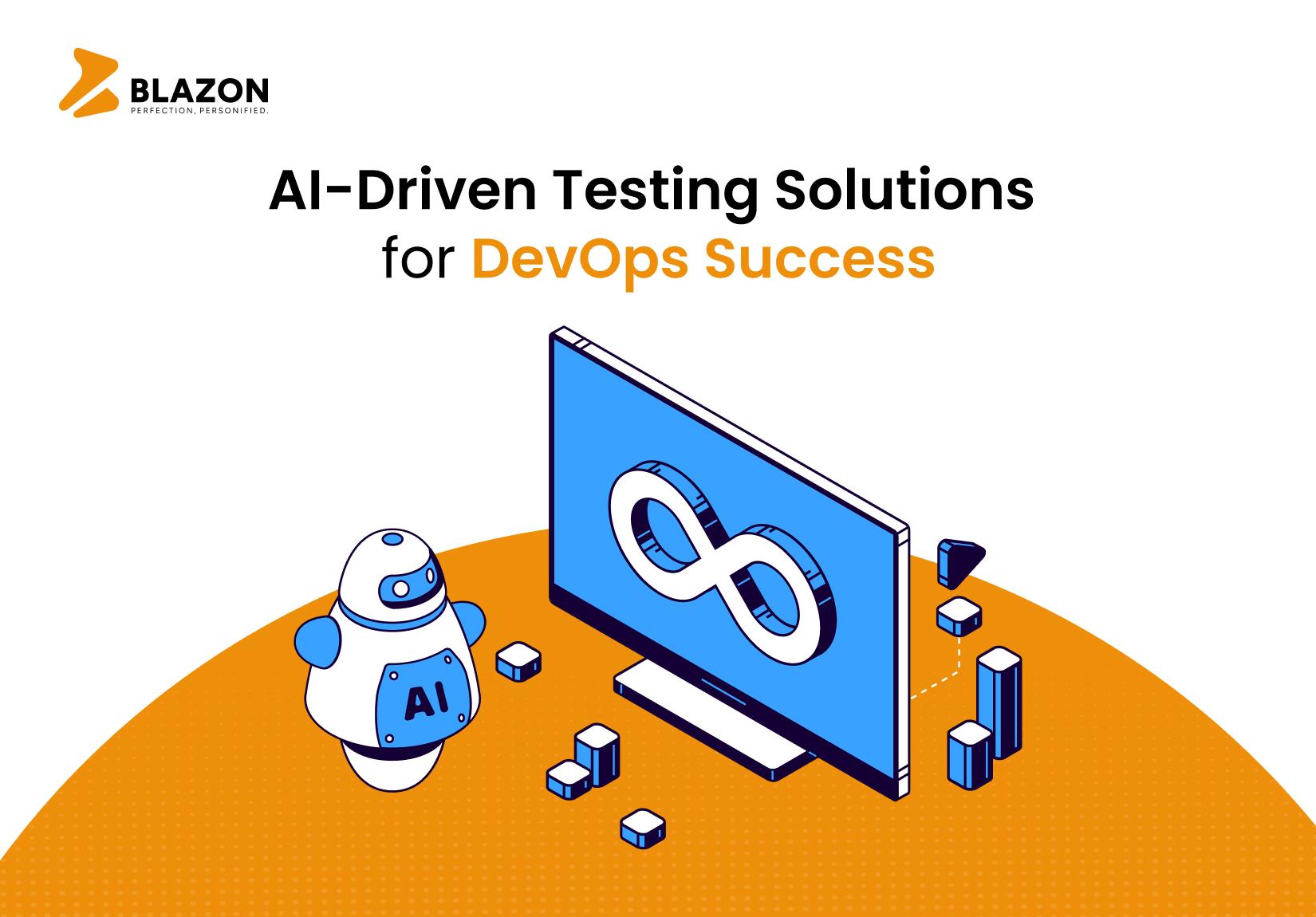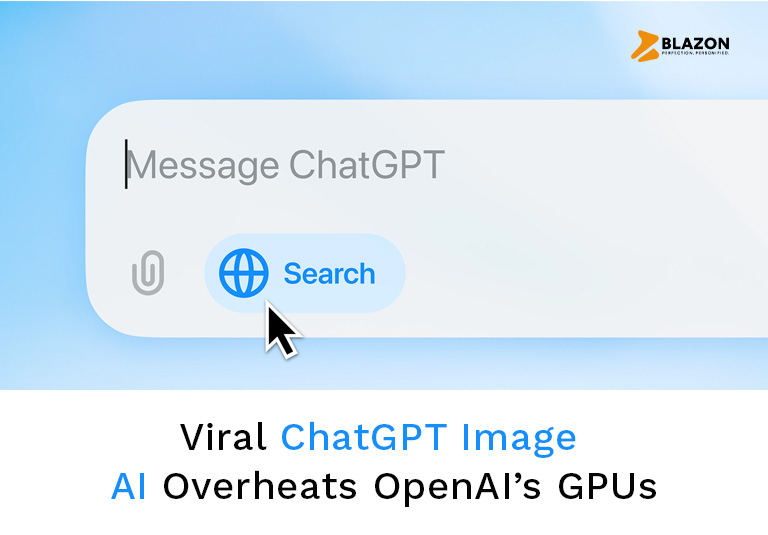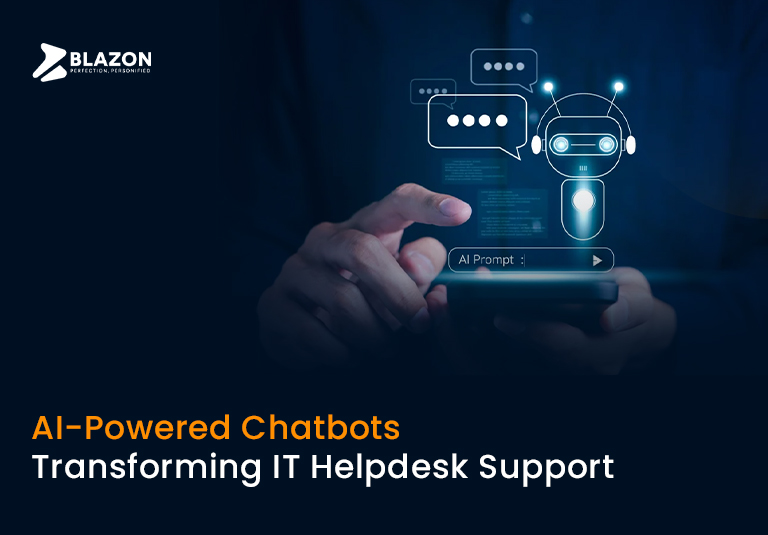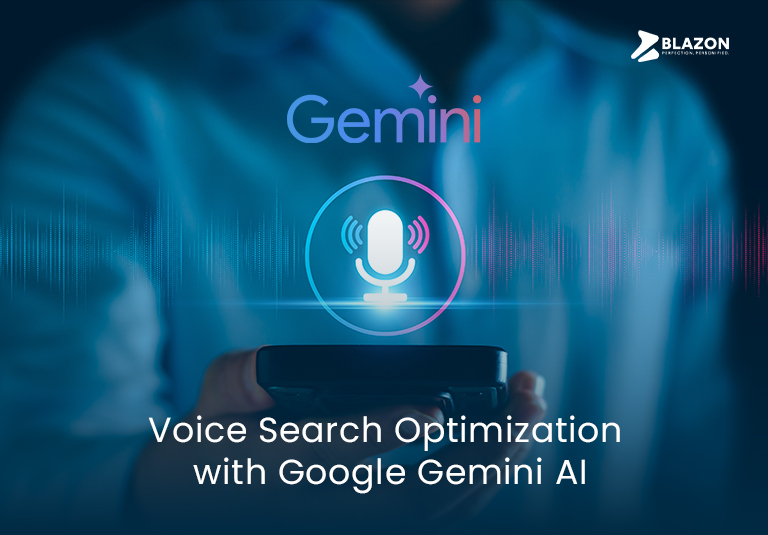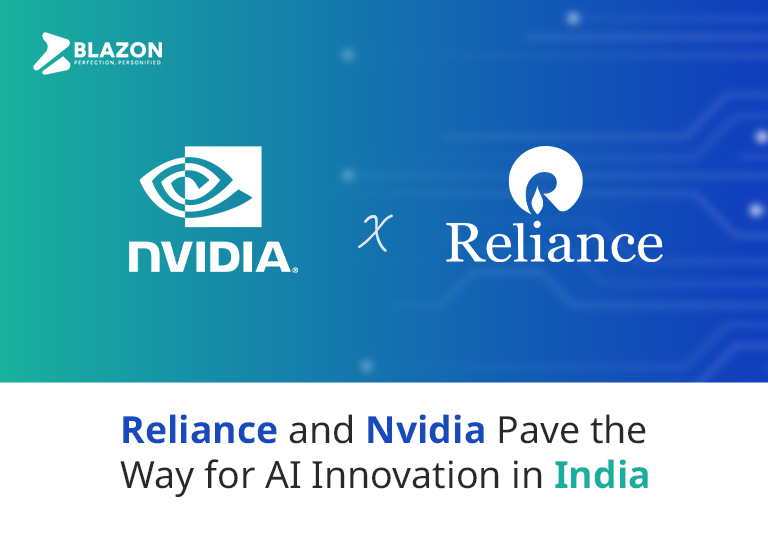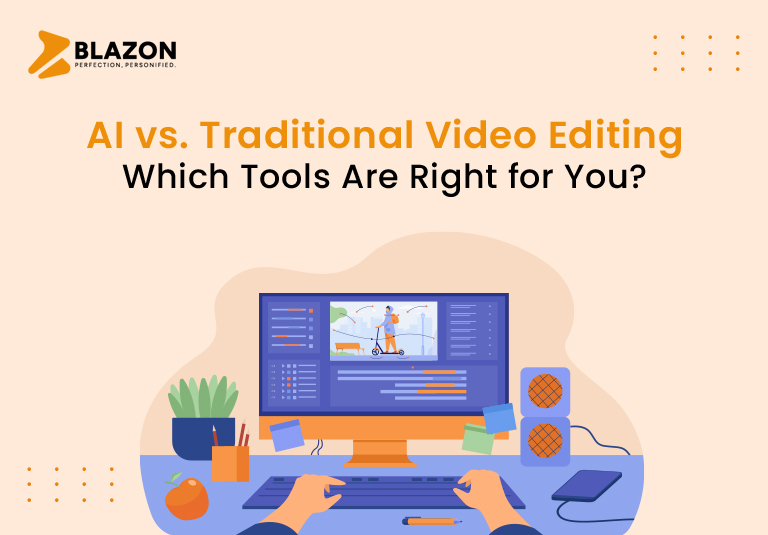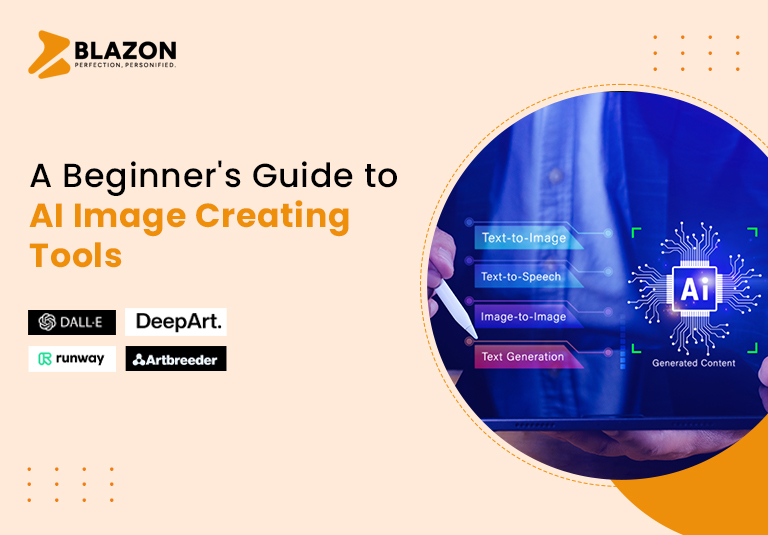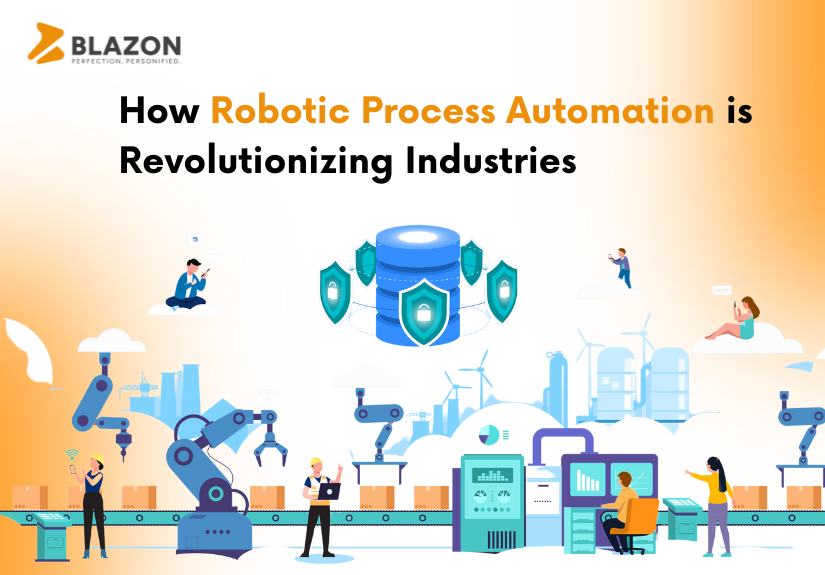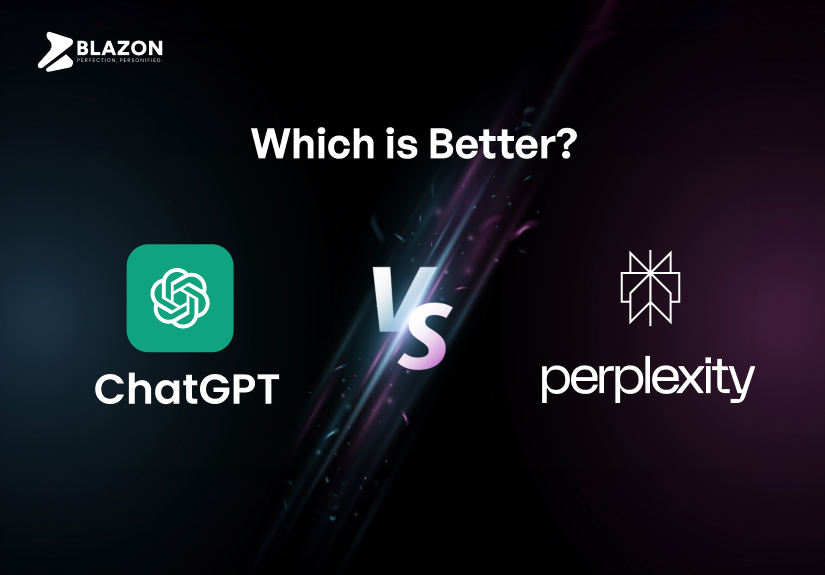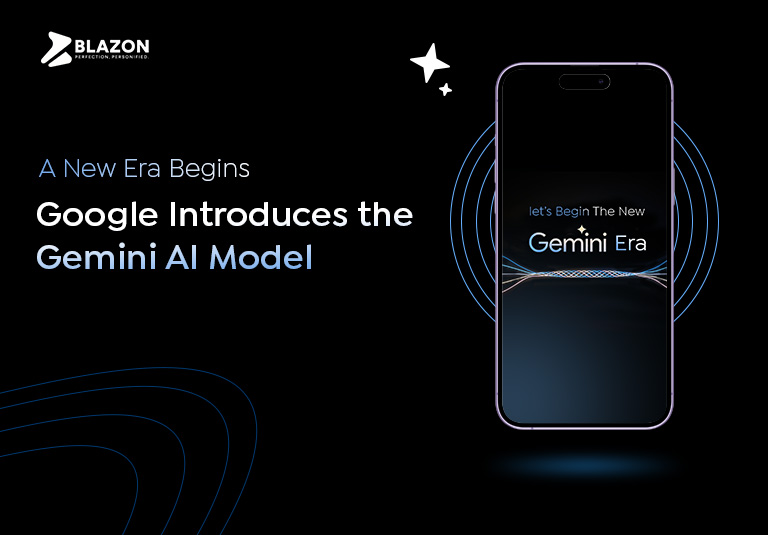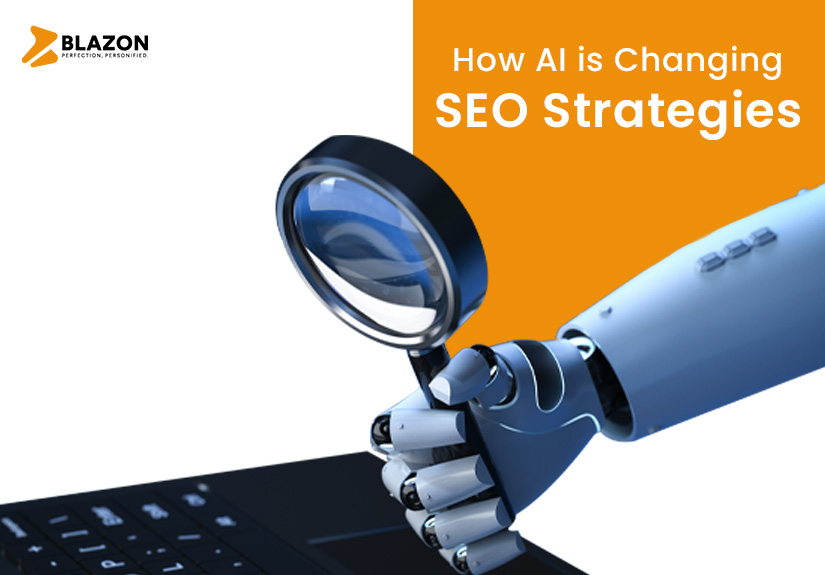DevOps is like a teamwork tag between software creators and IT experts. They team up to make delivering software smoother. The goal is to have everyone talk and work together. This includes development, testing, and operations teams.
Testing is a critical aspect of the DevOps lifecycle. It ensures software meets quality standards before deployment.
Effective testing catches problems early, preventing them from sneaking into the final product. But as software becomes more complex, regular testing struggles to keep up. This has led to the rise of AI for testing. Artificial intelligence (AI) uses smart tools to make testing faster and better.
This blog explores AI testing tools and strategies to propel your DevOps to new heights. You’ll discover how to rev up your DevOps testing processes. This will help you embrace faster, more reliable, seamless software development.
The Role and Benefits of AI for Testing in DevOps
Automated testing involves using scripts to execute predefined test cases. AI-driven testing takes this a step further. AI leverages machine learning (ML) algorithms to:
- Analyze patterns
- Make predictions
- Adapt testing strategies
Here are three key benefits of AI testing:
1. Speed and Efficiency
AI-driven testing accelerates the testing process. Intelligent automation handles repetitive tasks. This allows teams to focus on more complex aspects of software quality.
2. Improved Test Coverage
AI can identify scenarios that might be overlooked in manual testing. This leads to more comprehensive test coverage. This reduces the likelihood of undetected bugs in the final product.
3. Continuous Testing
AI enables continuous testing throughout the development cycle. This ensures each code change is tested, maintaining a high level of software quality from start to finish.
Challenges and Considerations
As technology within the DevOps landscape evolves, so do the associated challenges.
Here are three major obstacles you may face:
1. Overcoming Resistance to Change
Team members accustomed to traditional testing methods may be resistant to the introduction of AI. Educating teams about the benefits can help overcome this hurdle.
2. Data Security and Privacy Concerns
As AI relies on data for training and analysis, concerns about data security and privacy may arise. Implementing robust data protection measures and ensuring compliance with regulations address these concerns.
3. Skillset and Training Requirements
Adopting AI-driven testing requires teams to gain new skills. Providing full training and mentorship opportunities ensures teams can use AI tools.
Key AI-Driven Testing Solutions
While there may be challenges, AI-driven testing also solves many DevOps problems. Here are a couple of ways you can use AI testing:
1. Test Automation with AI
a. Intelligent Test Case Generation
AI can generate test cases based on application changes and historical data. This ensures test scenarios evolve with the software, adapting to new features and functions.
b. Self-Healing Test Scripts
AI-driven testing can detect changes in the app and update test scripts to accommodate these changes. This self-healing capability cuts maintenance overheads associated with traditional automated testing.
2. Predictive analysis in testing
a. Identifying Potential Issues
AI analyzes patterns in testing data to predict potential issues. This approach helps teams address problems early in development before they become critical. This prevents delays and rework.
b. Proactive Bug Detection
AI can detect subtle signs of potential bugs, even in complex code. By analyzing code patterns and historical bug data, AI helps teams identify and resolve issues before they impact the end user.
Integrating AI with DevOps workflows
Any AI solution needs to sync with your DevOps workflows. Here are three ways you can achieve this:
- Seamless Collaboration
AI facilitates seamless teamwork between development, testing, and operations. By automating routine tasks and providing actionable insights, AI improves communication and cooperation.
- CI/CD
AI integrates with continuous integration/continuous development (CI/CD) pipelines. This ensures testing is an integral part of the development process. Automated testing at each stage of CI/CD enables faster and more reliable software delivery.
- Real-Time Feedback Loop
AI-driven testing provides real-time feedback. This rapid feedback loop allows developers to fix issues faster. This accelerates the development cycle. It also promotes a culture of continuous improvement.
Future Trends in AI-Driven Testing
The evolution of AI in testing will involve:
- More sophisticated algorithms
- Improved natural language processing for test case creation
- Increased integration with other emerging technologies
Technology advances, including quantum computing, edge computing, and 5G, will impact AI-driven testing. These innovations will offer new opportunities and challenges for testing.
Conclusion
AI’s speed, efficiency, and continuous testing capabilities address traditional testing challenges. Integrating AI into DevOps ensures:
- Real-time feedback
- Collaboration
- Faster, reliable software delivery
DevOps quality assurance is necessary for smooth AI integration in DevOps. Using AI in DevOps makes testing software easier and faster. But there will be some challenges ahead. People may be reluctant to use AI. They may not have the right skills. You will need to provide suitable education and training.
Combining AI with DevOps provides:
- Quick feedback
- Better teamwork
- Faster, more reliable software
In a nutshell, everybody wins. AI and DevOps are like the dream team. They make sure everything, and everyone works together smoothly.
